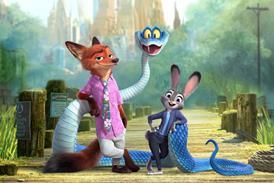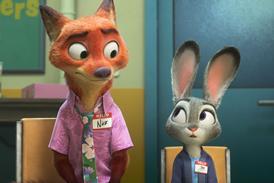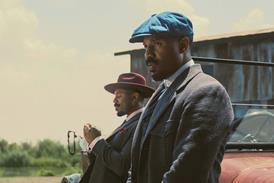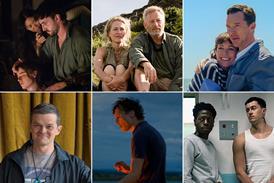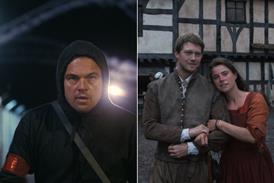- News
- Reviews
- Features
- Festivals
- Box Office
- Awards
- Subscribe

Subscribe to Screen International
- Monthly print editions
- Awards season weeklies
- Stars of Tomorrow and exclusive supplements
- Over 16 years of archived content
- Global production
“It’s like living in two worlds”: a Ukrainian director describes attending film events while war rages on
By Vladan Petkovic2024-08-16T13:35:00

Source: Courtesy of Sarajevo Film Festival
Lesia Diak’s Dad’s Lullaby is debuting in the documentary competition of the Sarajevo Film Festival.
SIGN IN if you have an account
Do you want to keep reading?
Register for free access to five articles a month

Subscribe today and unlock access to:
- Unlimited film & TV news, reviews and analysis on Screendaily.com
- All print and/or digital editions of Screen magazine
- Breaking news alerts sent straight to your inbox
- Digital festival and market dailies
- Weekly awards magazines
Access premium content Subscribe today
If you have an account you can SIGN IN now
Subscribe to Screen International
Screen International is the essential resource for the international film industry. Subscribe now for monthly editions, awards season weeklies, access to the Screen International archive and supplements including Stars of Tomorrow and World of Locations.
Find out moreSite powered by Webvision Cloud












